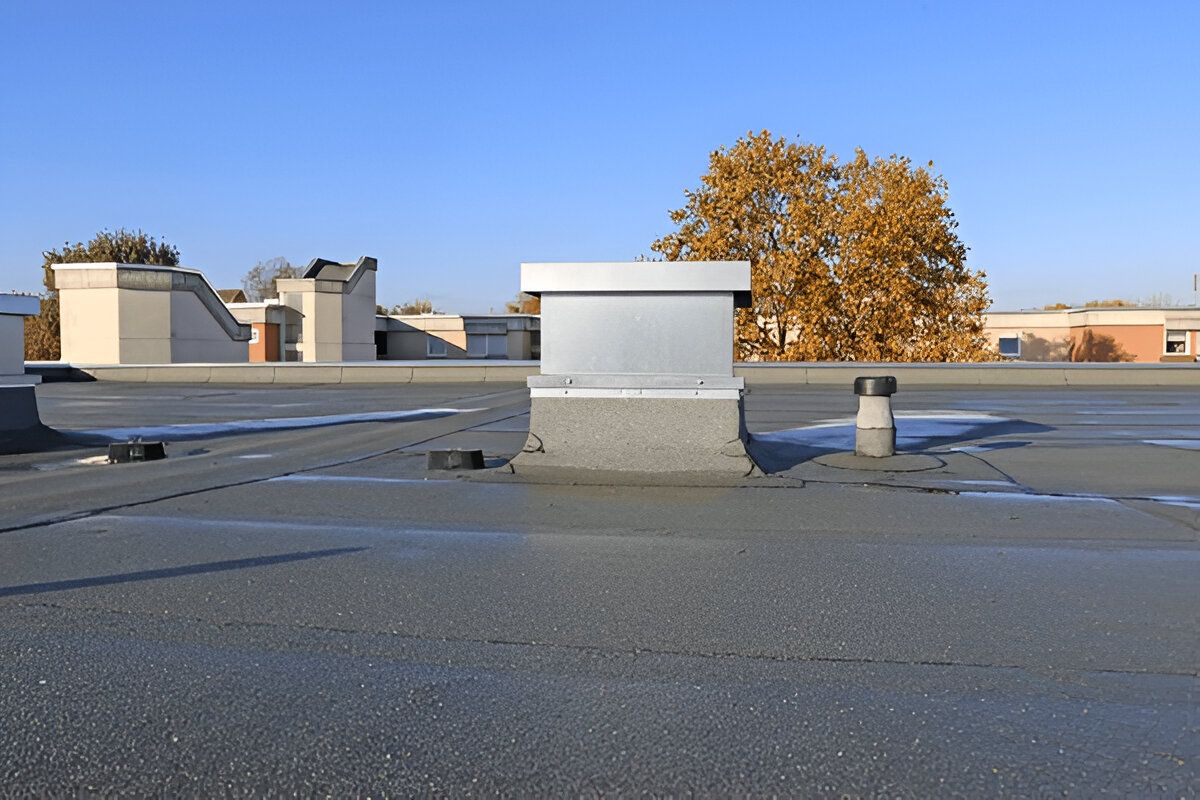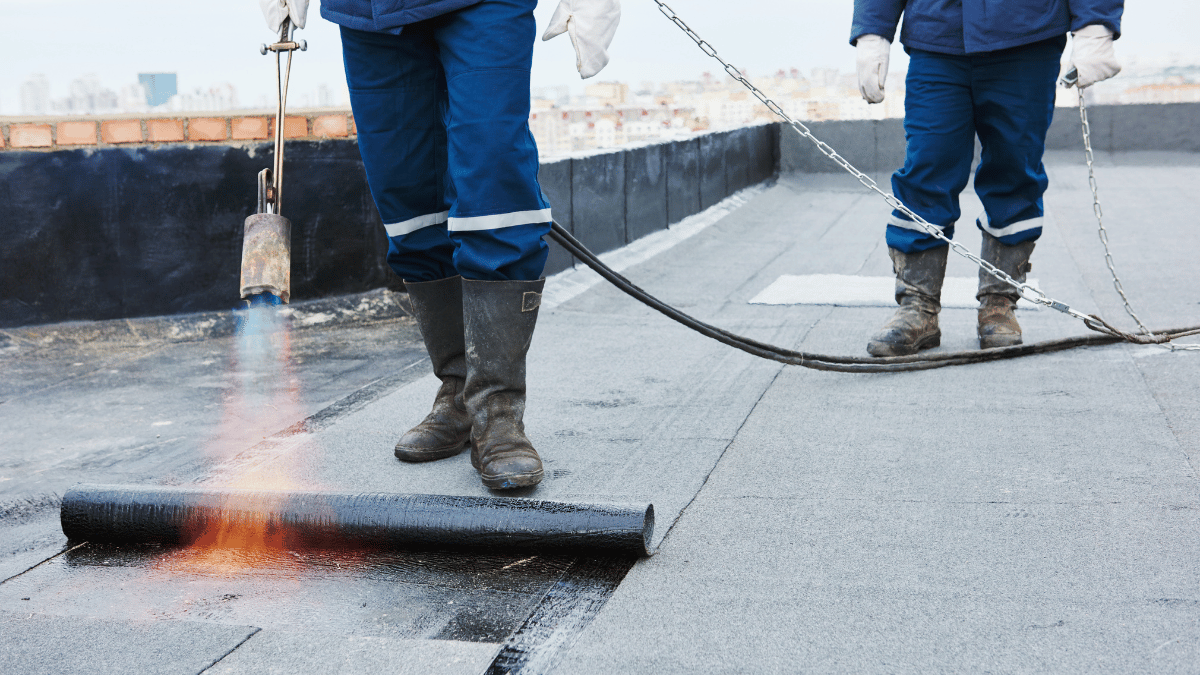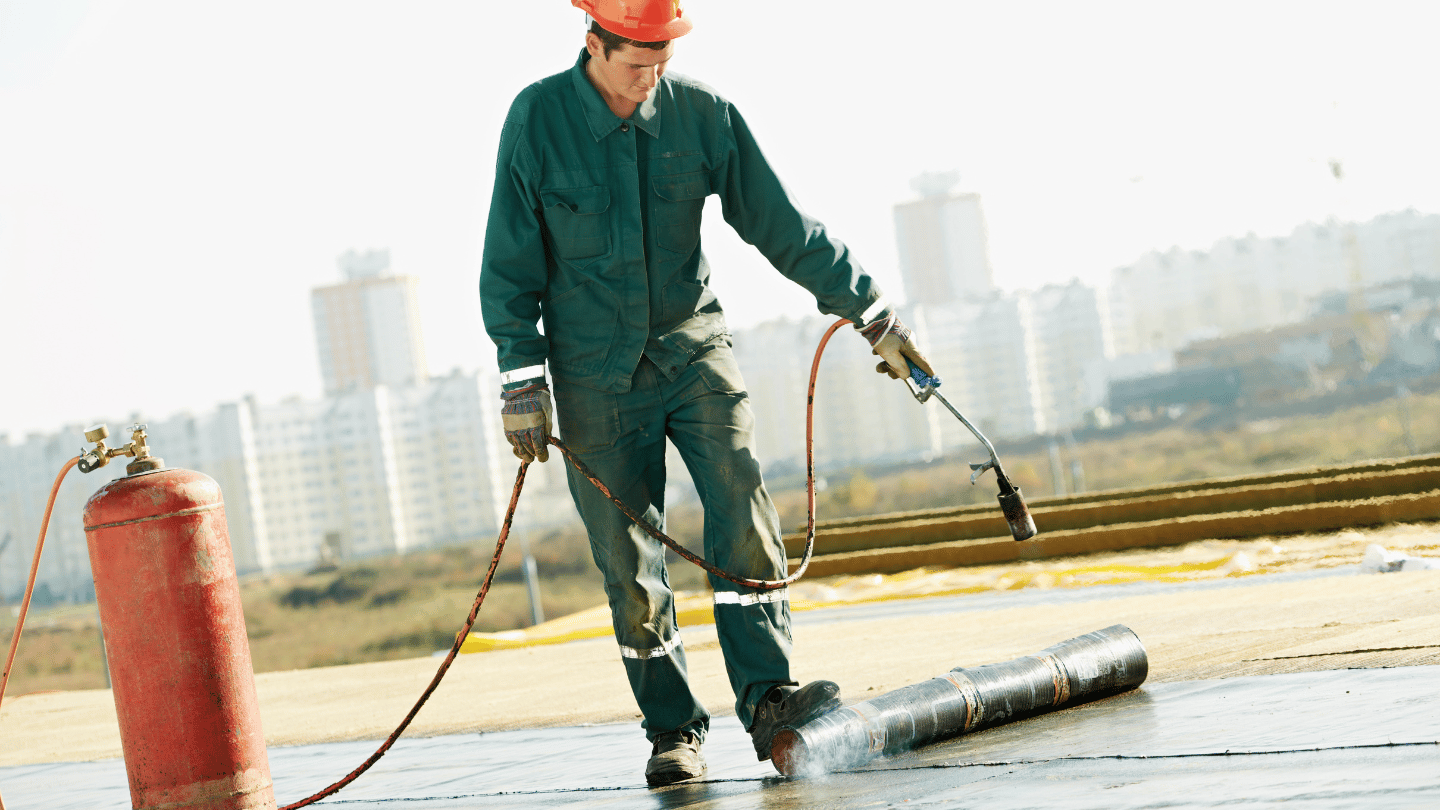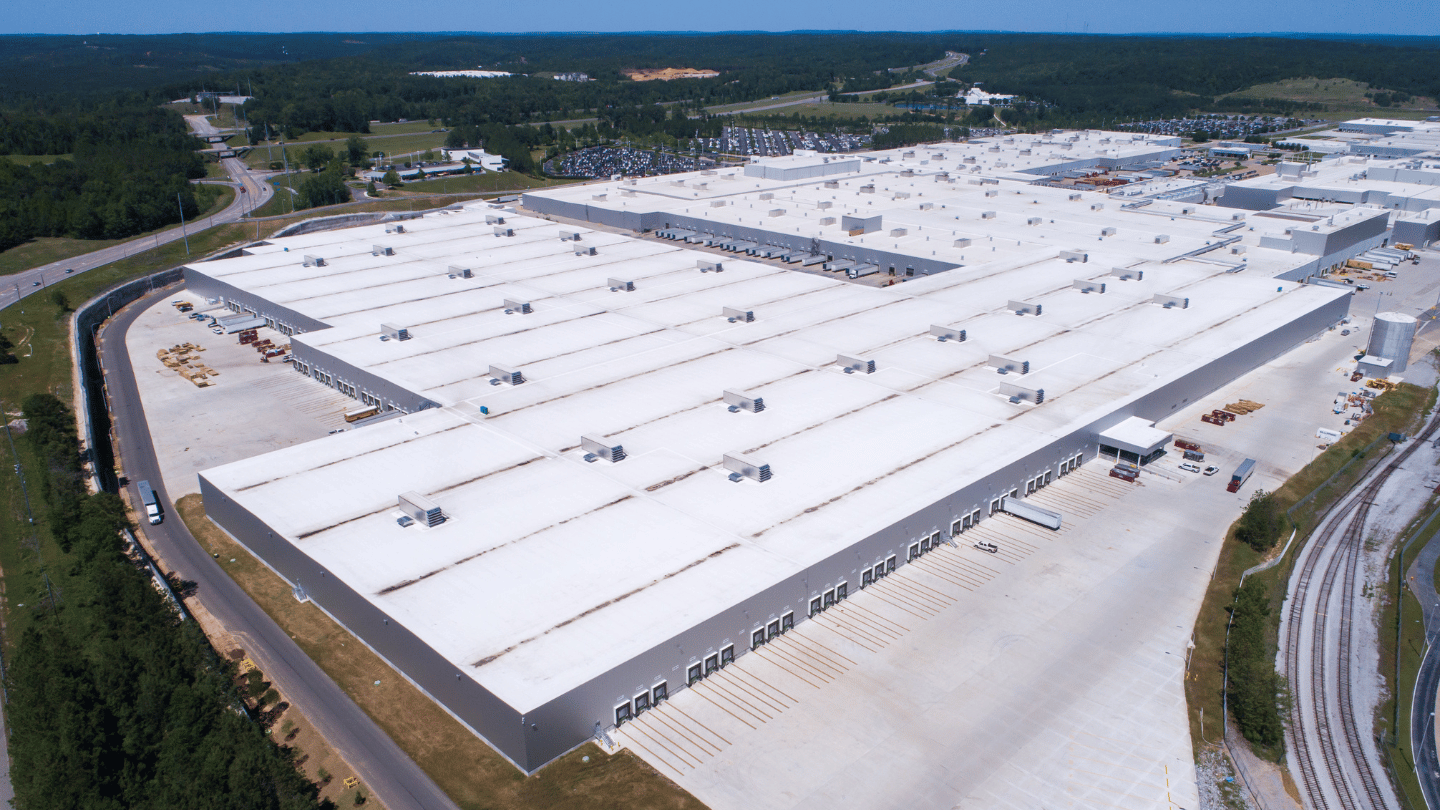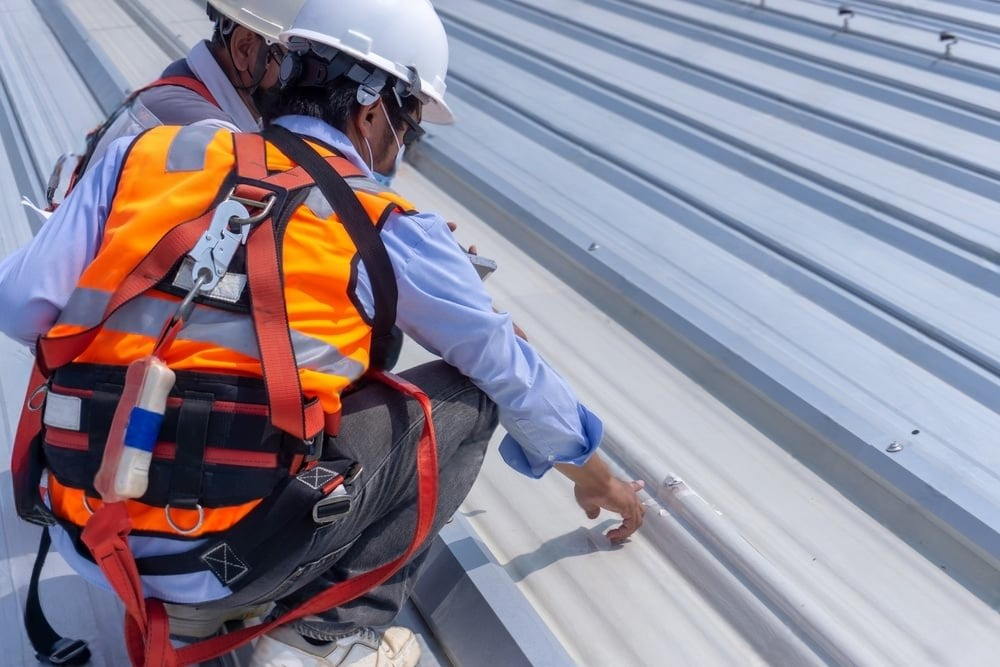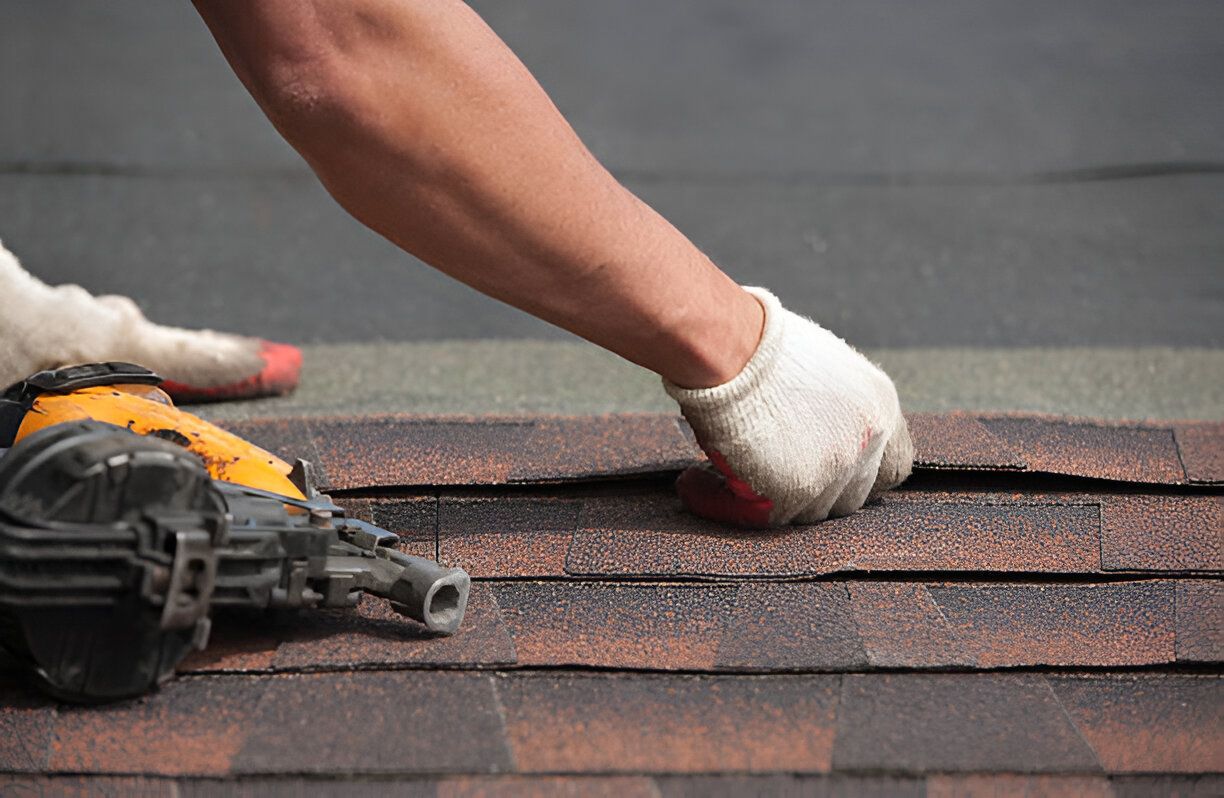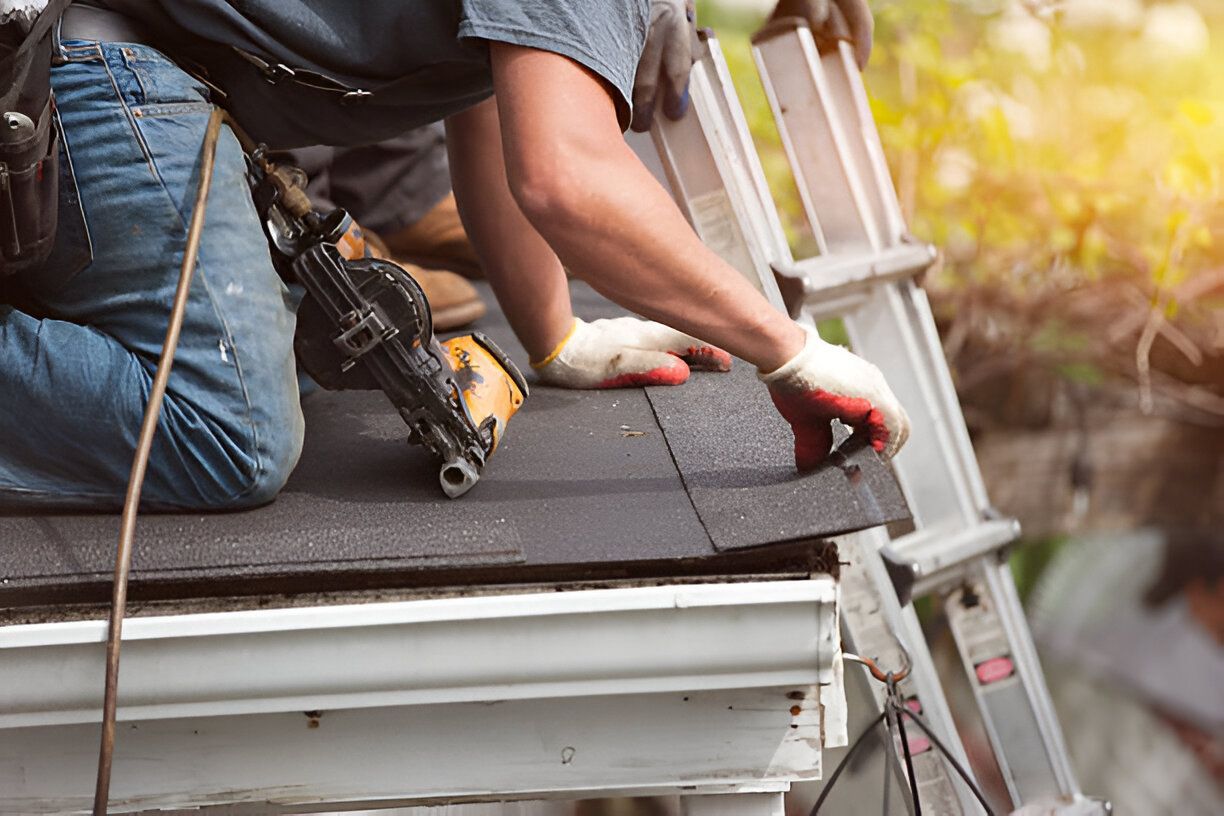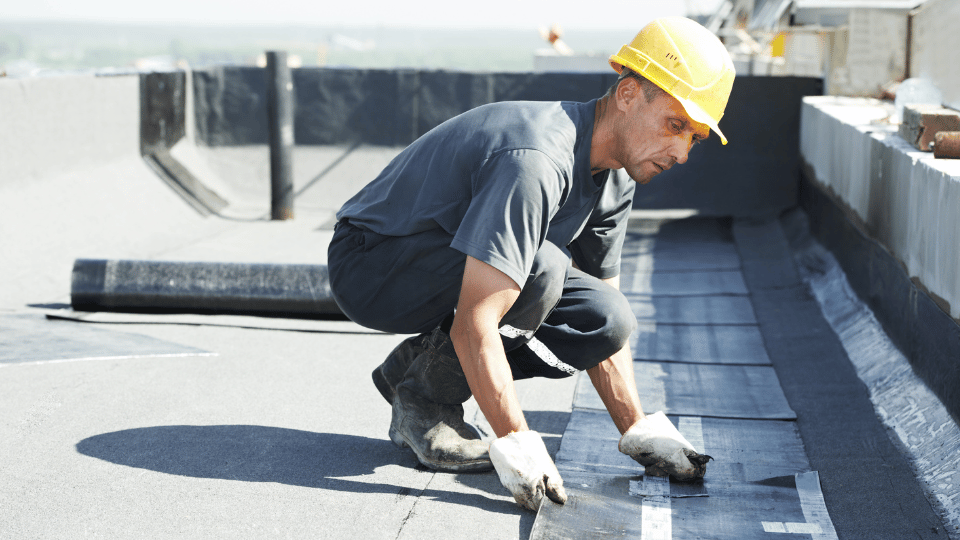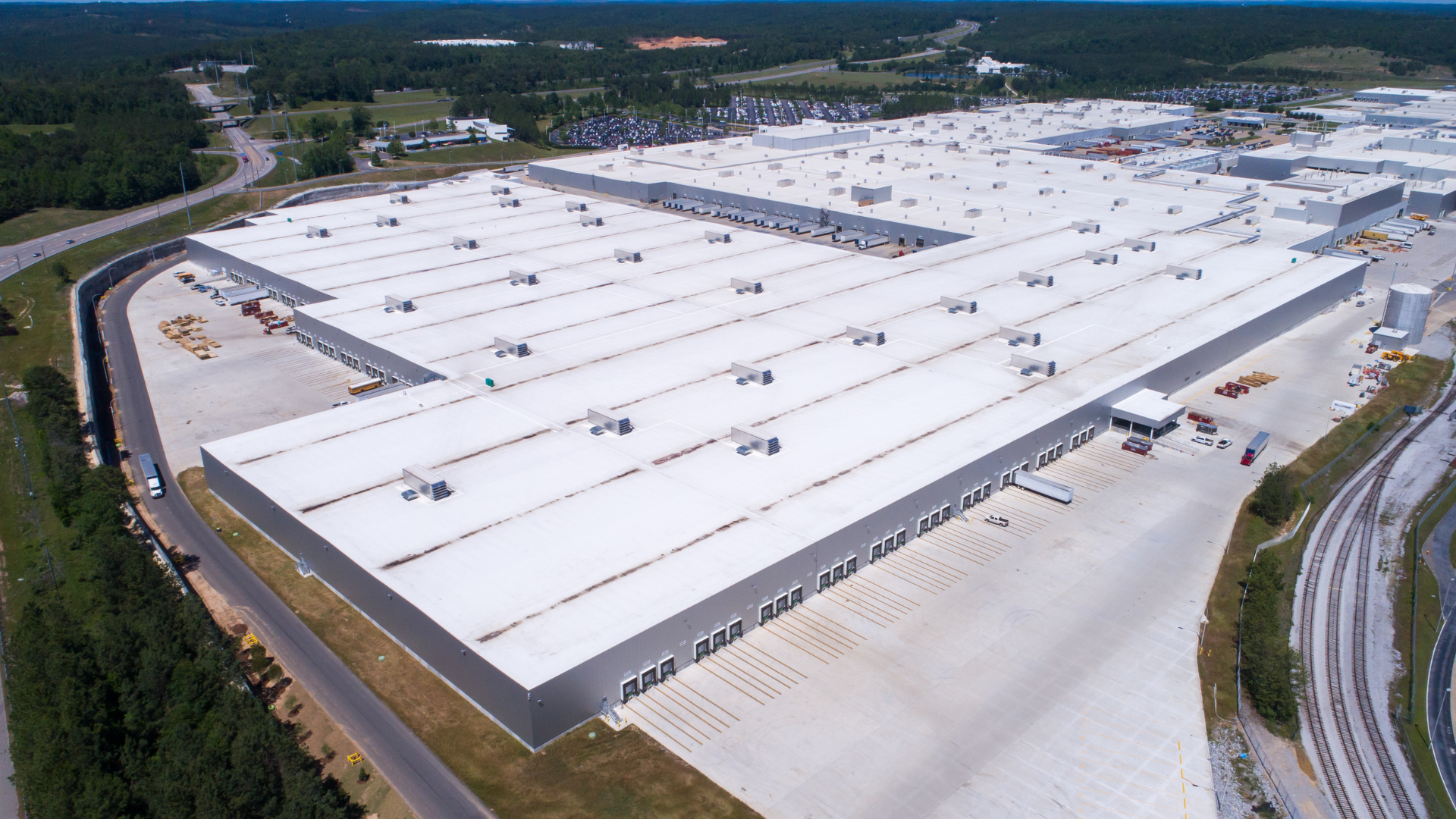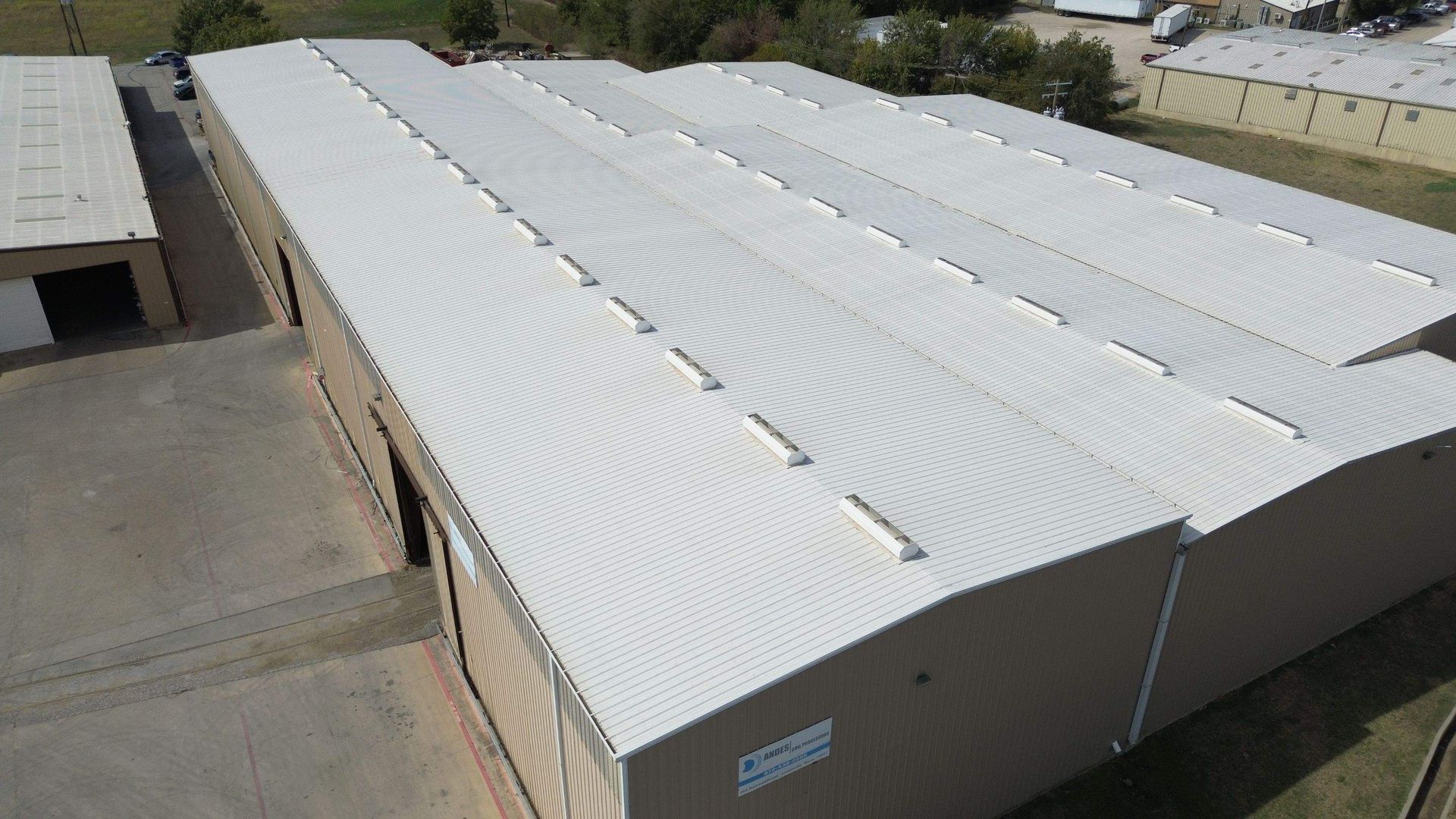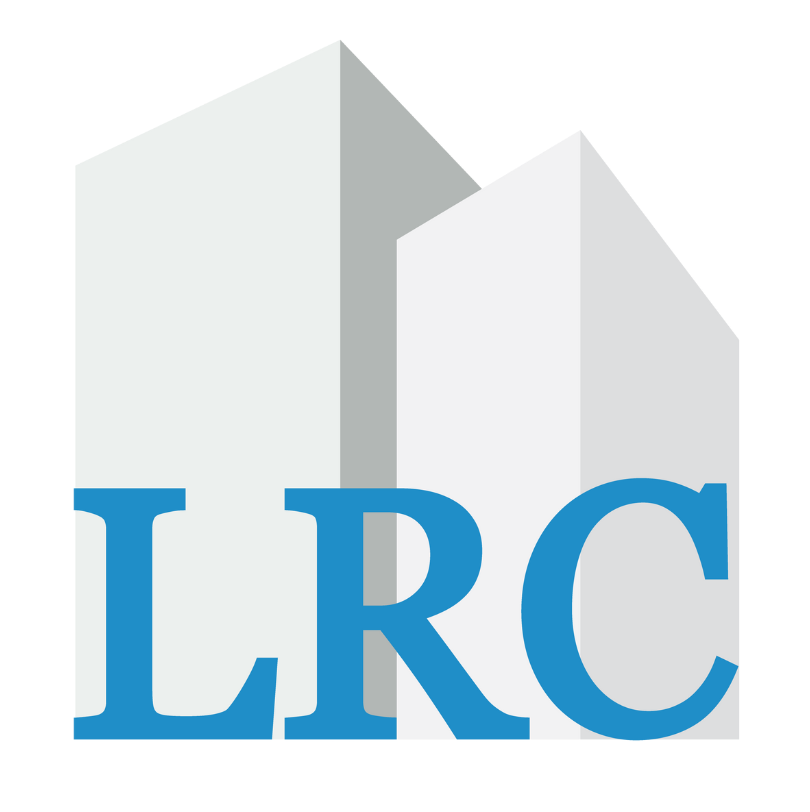CALL US NOW!
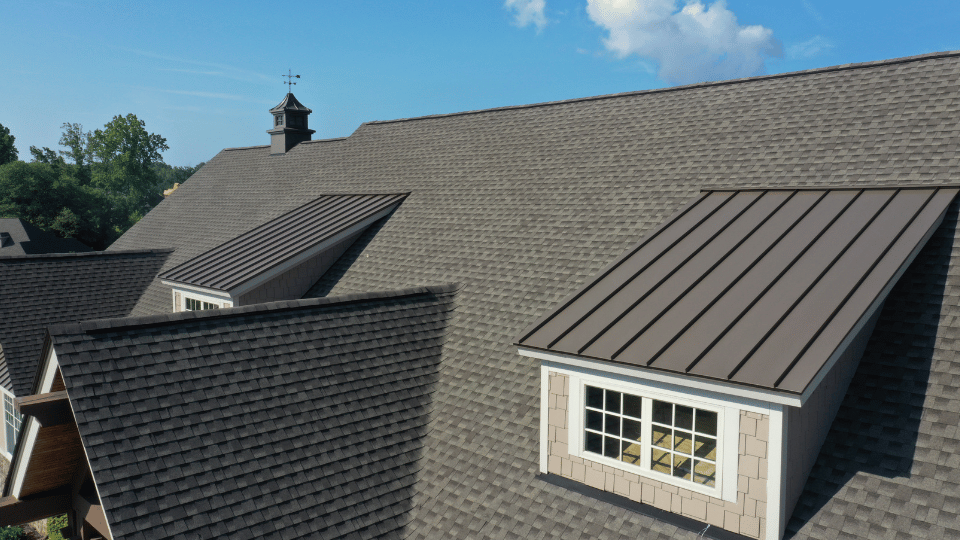
Dallas Roofing Costs in 2025: How Much Does a Roof Cost in Dallas Texas?
If you’re planning to replace your roof in Dallas, Texas, you’re likely wondering, “How much does a roof cost in Dallas, Texas?” On average, you can expect to pay between $5,866 and $13,209 for a roof replacement. The final cost largely depends on the type of materials used, the size of your roof, and labor expenses.
Additionally, the removal and disposal of the existing roof can significantly impact the overall cost. This guide will break down these factors to give you a comprehensive understanding of what to expect.
Key Takeaways
- Roof replacement costs in Dallas range from $5,866 to $13,209, with an average cost of around $9,511, influenced by roofing materials and labor expenses.
- Material choices significantly affect the overall cost, with asphalt shingles being more affordable, while metal and tile roofs offer durability at higher prices.
- Homeowners should consider seasonal timing for roof replacements, as opting for projects in off-peak seasons like fall and early winter can lead to cost savings.
Average Roof Replacement Costs in Dallas
In Dallas, the cost to replace a roof can range widely. Homeowners should anticipate spending between $5,866 and $13,209 on average, with standard replacement costs hovering around $9,511. This variation in the roof replacement cost is due to factors like roofing material selection, roof size, and labor charges. Being aware of these considerations is essential for accurately planning your budget for a roofing project and determining what you might spend on replacing your current roof.
A full roof replacement may be necessary when minor damage escalates over time, leading to more extensive and expensive issues. Factors affecting the cost of a full roof replacement include the choice of materials and the complexities of labor involved.
The price tag associated with different roofing materials varies greatly. Your choice among more economical asphalt shingles, pricier yet resilient metal roofs or durable tile roofs will directly influence the final total expense of replacing your roof. The subsequent sections delve into each type of roofing material along with their respective costs.
Selecting an appropriate material for your home’s new covering affects not only immediate expenses but also future upkeep requirements and how it enhances your residence’s visual appeal. Below we explore typical rates linked to popular options in Dallas-area residential rooftop materials.
Asphalt Shingle Roofs
In Dallas, asphalt shingles are a prevalent choice for roofing thanks to their cost-effectiveness and straightforward installation process. For the installation of an asphalt shingle roof, prices range from $5,840 to $10,100. It’s wise to allocate between $4,500 and $8,000 for every 1,000 square feet when considering the installment of basic asphalt shingles. The cost can vary significantly depending on the roof materials used, with different materials influencing the overall price.
Three primary varieties of asphalt shingles exist on the market.
- Basic three-tab shingles stand as both economical and ubiquitously seen
- Composite shingles crafted from recycled constituents present a more upscale alternative with enhanced sturdiness
- Options that command a higher price tag yet offer greater durability
Selecting any type among these ensures homeowners in Dallas can capitalize on the budget-friendly attributes associated with using asphalt shingles for roofing.
Metal Roofs
Metal roofs are valued for their robustness and extended service life, positioning them as a smart choice despite the steeper initial investment required. The expense of replacing a metal roof typically falls between $10,245 to $41,640, with an average price near $22,98 per square foot. Such cost variation is indicative of the diverse selection of metal roofing materials on offer – from economical corrugated metals to high-end standing seam panels.
The array of available metal roofing materials encompasses varieties like aluminum and steel—both recognized for their formidable durability and capability to withstand severe weather conditions. Aluminum shingles in particular are known for their strong resistance against corrosion caused by saltwater environments, which makes them ideal choices for buildings located along coastal areas. Selecting the appropriate type of roof material is essential as it greatly influences a building’s overall functionality.
Opting for more expensive upfront costs associated with metal roofs can prove financially prudent over time due to these roofs’ longevity paired with low maintenance demands. This combination often results in long-term savings.
Tile Roofs
Tile roofs are another durable option, known for their long lifespan and ability to withstand harsh weather conditions. The roof cost of a tile roof generally ranges from $15,000 to $35,000, depending on the type and complexity of the installation. Clay tile roofs typically cost between $17,000 and $30,000, while concrete tile roofs can range from $15,000 to $25,000. Additionally, it’s important to consider roof costs when planning your budget for a new installation.
There are primarily two types of tile roofs: clay tiles, which are favored for their classic appearance, and concrete tiles, which offer a similar look at a lower cost. While tile roofs are one of the more expensive options, their durability and aesthetic appeal make them a popular choice for homeowners looking for a long-term roofing solution.
Slate Tiles
Slate tiles are a premium roofing material known for their exceptional durability and timeless beauty. Made from natural slate, a metamorphic rock, these tiles are highly resistant to weathering and erosion. Available in a range of colors, slate tiles can complement various architectural styles, from traditional to modern.
The cost of slate tiles can vary depending on the quality, color, and source of the material. On average, slate tiles can cost between $10 to $30 per square foot, making them one of the more expensive roofing materials available. However, their durability and long lifespan can make them a cost-effective option in the long run.
Slate tiles are also highly resistant to fire, mold, and mildew, making them a popular choice for homes in areas prone to wildfires or high humidity. Additionally, slate tiles can be recycled at the end of their life cycle, making them a sustainable option for homeowners looking to reduce their environmental impact.
Cedar Shingles or Shakes
Cedar shingles or shakes are a popular choice for homeowners seeking a natural, rustic roofing material. Made from western red cedar, these shingles or shakes are durable and resistant to outdoor elements. They come in various styles, allowing for a range of roofing looks, from traditional to contemporary.
The cost of cedar shingles or shakes can vary depending on the quality and source of the material. On average, cedar shingles or shakes can cost between $6 to $15 per square foot, making them a mid-range option for homeowners. Their natural beauty and durability can make them a worthwhile investment, adding value to your property.
Cedar shingles or shakes are also resistant to rot, decay, and insect damage, making them ideal for homes in areas with high humidity or insect activity. Additionally, they can be stained or sealed to protect them from the elements and extend their lifespan.
Factors Influencing Roofing Costs in Dallas
The cost of a roof replacement in Dallas can be impacted by various elements, such as the type of roofing material selected, labor charges, and adherence to local building codes. A thorough comprehension of these components can enable homeowners to plan their finances more efficiently and avoid unforeseen expenses throughout their roofing endeavor.
When considering roof repair, the costs can vary significantly based on the type of damage, such as from storms or leaks, and the materials required. Comparing roof repair costs to potential roof replacement scenarios is essential, as sometimes extensive repairs might make replacement a more cost-effective option.
Selecting a specific roofing material is crucial since it significantly affects the total costs associated with roof replacement. The price tag for different materials reflects differences in manufacturing expense, longevity, and installation complexity—all factors that collectively shape the final cost involved with the project. Labor costs within Dallas may fluctuate depending on how complex the job is as well as on the proficiency level of hired contractors.
Compliance with regional construction standards also exerts influence. These regulations might impose additional criteria leading to an uptick in expenditure. Timing has implications for financial outlay: during high-demand seasons like spring and summer, when waitlists grow longer, roofing professionals tend to hike prices.
By grasping these variables meticulously ahead of time permits those owning homes a chance at reducing expenditures while planning for successful completion of their rooftop endeavors.
Roof Size and Complexity
The dimensions and intricacy of a roof play significant roles in defining the expense associated with replacing it. The need for greater quantities of materials and manpower for bigger roofs can notably amplify the total expenditure. Expansive roofing endeavors typically necessitate additional laborers and extended periods to complete, which contributes to an escalation in costs.
Roofs that feature complex designs or consist of numerous angles or pitches require increased time and effort for proper installation. For example, installing on a steeply pitched roof presents more difficulties and prolongs the process, resulting in elevated labor expenses.
Understanding how your roof’s size and complexity influence its replacement costs is crucial when devising a financial plan for your roofing project.
Roof Pitch and Complexity
The pitch and complexity of a roof significantly impact the cost of a roof replacement. Steeper roofs or those with intricate designs require more materials and labor, increasing the overall project cost.
Roofs with a pitch of 6:12 or higher are considered steep and may necessitate specialized equipment and labor, potentially increasing the project cost by 10 to 20%. Additionally, roofs with multiple valleys, hips, or skylights are more complex to install, requiring more materials and labor, which further elevates the cost.
Homeowners with complex or steep roofs should work with a reputable roofing contractor to ensure proper and safe installation. A reputable contractor can assess the roof’s complexity and provide a detailed cost estimate, ensuring transparency and accuracy.
Labor Costs
In Dallas, labor costs contribute significantly to the overall cost of a roof replacement, representing about 60% of the total expense. General roof laborers command an average hourly rate close to $100. This figure may fluctuate based on how complex the roofing project is and the level of experience possessed by the contractor. More complicated roof structures and steeper inclines can result in increased labor charges.
The skillset and expertise brought forth by a roofing contractor are also key determinants for setting their rates for labor. Contractors with substantial experience typically demand higher fees as they bring proven craftsmanship and high-quality workmanship to the job.
Various roofing materials impact labor expenses differently because each material demands its own set of skills and time commitment during installation. By recognizing these elements—the complexity involved with different types of roofs, contractors’ levels of experience, and specific materials used—homeowners are better positioned to estimate what it will cost them in terms of labor for their particular roofing endeavor.
Permits and Regulations
Securing the required permits is essential for ensuring that the roofing project complies with local building codes and regulations. Although acquiring these permits may increase the total cost of the undertaking, they are vital to ensure adherence to laws and to avoid possible legal complications in the future.
It’s important for homeowners to consult their local building officials to grasp the exact stipulations and costs related to their specific roofing project.
Additional Costs in Roof Replacement
Beyond the main expenses of labor and materials, a variety of ancillary charges can crop up throughout a roof replacement venture. The removal and disposal of old roofing debris are among these extra costs that could notably affect the final price tag. While most roofing contractors factor in this cost within their initial quotes, it’s critical to verify to avoid unforeseen bills.
Additional expenditures might also encompass elements vital for a fortified roofing system like ice and water shields, which may raise both material expense and workforce fees. Undertaking roof installation without professional expertise can lead to severe complications such as leaks or mold development, thus leading to repair costs that far exceed what would have been spent on expert services from the beginning.
Incorporating every pertinent detail regarding materials and manpower expenditure into your preliminary calculation is key in preventing unanticipated outlays during the process of fitting a new roof. Knowledgeable foresight about these potential added expenses enables homeowners to allocate funds more effectively while minimizing surprises amid their roofing endeavors.
Roof Decking Replacement
It is essential to replace compromised or worn-out roof decking to maintain the structural soundness of a roof. The expenses associated with replacing this decking hinge on both the type of materials selected and the complexity involved in carrying out repairs. It’s important for homeowners to allocate funds for this significant component, which can be instrumental in achieving a triumphant outcome for their roof replacement endeavor.
The overall cost incurred during the substitution of roof decking is also affected by how complex the repair work needs to be. More severe damage or roofs that feature elaborate designs might necessitate more labor hours as well as additional resources, thereby escalating expenditures. By acknowledging that there may be a necessity to swap out old roofing deck material, homeowners are better prepared when budgeting for their entire roofing project.
Ventilation Systems
Ensuring adequate ventilation is essential to keeping an attic space in good condition and extending the durability of the roof. It helps avoid the accumulation of moisture, which can lead to mold growth and potential damage to the structure.
When considering installation or enhancement of ventilation systems, prices can differ depending on the system’s design and complexity. Including proper ventilation as part of a roofing project improves both function and longevity for your roof.
Gutter Installation
Installing new gutters is frequently a vital part of replacing a roof, affecting both its practical operation and visual appeal. Homeowners ought to evaluate the current state of their gutters in order to decide whether it’s best to install brand-new ones or reattach the old ones. If the existing gutters are aged or impaired, opting for new gutter installation might be more cost-effective than reattachment.
The expense associated with installing gutters can differ. Securing effective drainage is imperative for safeguarding the foundation of the home as well as its surrounding landscape. By including gutter installation in your roofing project, you not only enhance how well your roof functions, but also boost its overall look.
Seasonal Impact on Roofing Costs
In Dallas, the season can greatly influence the expenses associated with roofing. Opting for a roof replacement during winter might come with unforeseen delays due to weather conditions. This time may also present lower costs. By planning a roof replacement at the onset of spring, one could circumvent the busy summer period, which often translates into more favorable pricing and resource availability.
Engaging in roofing work during autumn could benefit from reduced material costs as demand typically wanes. The optimal periods for cost-effective roof replacements are in early winter or fall. Undertaking such projects in spring is advisable too. Choosing off-peak times for replacing your roof can lead to savings on expenditures and expedited service options.
Calculating the Estimated Cost of Your New Roof
Calculating the estimated cost of a new roof involves several steps. Here’s a guide to help you through the process:
- Determine the size of your roof: Measure the length and width of your roof to calculate its square footage.
- Choose a roofing material: Research different roofing materials and select one that fits your budget and meets your needs.
- Determine the cost per square foot: Obtain quotes from reputable roofing contractors to find out the cost per square foot of your chosen roofing material.
- Calculate the total cost: Multiply the square footage of your roof by the cost per square foot to get the total project cost.
- Add additional costs: Consider additional expenses such as labor, materials, and permits to get a comprehensive estimate of the project.
By following these steps, homeowners can develop a more accurate budget for their new roof, ensuring they are well-prepared for the investment.
DIY vs. Professional Roof Replacement
Homeowners contemplating roof replacement often deliberate between embarking on a do-it-yourself endeavor and engaging the services of a professional contractor. The primary appeal of handling roofing personally is the opportunity to economize on immediate labor expenses, as it eliminates the need for paid professionals. Taking charge of their own project gives homeowners flexibility regarding when to commence and conclude their roofing activities.
Nevertheless, executing roofing tasks involves significant hazards like falling from ladders, which can provoke grave injuries. Roof installation necessitates specific expertise and equipment that most homeowners do not possess, heightening the risk of making expensive errors.
For minor adjustments, a DIY approach might be appropriate. Yet undertaking substantial roof work is typically discouraged for those lacking expert proficiency. Opting for an experienced contractor ensures that roof repairs are executed accurately—securing sustained efficacy alongside mental tranquility.
Choosing the Right Roofing Contractor in Dallas
Choosing a well-regarded reliable roofing contractor in Dallas is essential for the successful completion of a roof replacement. Homeowners ought to seek out contractors who are known for their good standing, as evidenced by their ability to furnish referrals and evidence of past customer satisfaction. A contractor’s level of professionalism, communication efficacy, and quality output can be gleaned from online review platforms.
The offering of a substantial warranty signifies the confidence a roofing contractor has in their craftsmanship and material selection. Homeowners need to inquire about how long the warranty lasts, what it encompasses, and if there are any transferability features. Warranties that cover both materials and labor provided by trustworthy roofing contractors offer extensive safeguarding for homeowners’ investments.
How to Get Accurate Roofing Estimates
Homeowners embarking on a roof replacement project should solicit several estimates from various contractors to determine reasonable pricing. Securing three to five bids can help ensure that the roofing installation costs quoted are competitive within the local market. Providing comprehensive details about the project will enable contractors to provide precise evaluations of roofing expenses during their quoting process.
In scrutinizing received quotes for a new roof, homeowners ought to compare them carefully against one another, pinpointing any substantial disparities and confirming each quote’s clarity and completeness. Trustworthy contracting firms are known for offering clear and detailed proposals that adhere to accepted industry norms so clients have a complete understanding of what is included in their estimate.
Lancaster Roofing offers free estimates as an indication of its commitment to transparent pricing practices for those considering utilizing their services.
Why Partner with Lancaster Roofing?
Lancaster Roofing is renowned for their unwavering commitment to exceptional service and the politeness they show to clients during roofing projects. Ensuring customer satisfaction lies at the heart of their ethos, as they provide high-quality roofing systems designed specifically for each client’s unique requirements. They focus on creating bespoke solutions that meet the diverse needs of different commercial settings.
Lancaster Roofing offers free estimates, giving potential customers the opportunity to understand and evaluate their options in commercial roofing without any initial financial obligation. Their expertise spans both residential and commercial roofing services, reaffirming their dedication to fulfilling customer expectations and securing them a position as a dependable provider for homeowners in Dallas.
Summary
To summarize, the price of substituting a roof in Dallas fluctuates considerably due to several elements including the type of roofing material chosen, labor costs, and specific local rules. Typically, homeowners might anticipate spending an amount ranging from $5,866 to $13,209 with the standard expense being approximately $9,511. It’s essential for individuals planning their budgets to comprehend how different materials like asphalt shingles, metal roofs or tile roofs could affect total project costs.
It is imperative when embarking on a roofing endeavor to select an adept contractor and secure precise cost projections while also taking into account potential ancillary expenditures such as replacing roof decking or installing new ventilation systems and gutters. Collaborating with esteemed contractors such as Lancaster Roofing can lead to acquiring a superior-quality roof replacement tailored both financially and practically to homeowner requirements. With well-informed choices made throughout this process, your home’s rooftop will be secured effectively for many years ahead.
Frequently Asked Questions
How much is a roof on a 2000 sq ft house?
Expect to pay between $9,500 and $20,000 for a new roof on a 2,000 sq ft house, with most homeowners spending around $14,000.
The final cost can vary based on the type of shingles and roof design you choose.
How much does it cost to replace a 2500 square foot roof?
Replacing a 2,500 square foot roof typically costs between $11,875 and $25,000.
It’s best to get quotes from local contractors to find the best deal for your specific situation.
How much does it cost to replace a roof in Dallas Texas?
Replacing a roof in Dallas typically costs about $400 per square foot, but prices can range from $100 to $1,000 depending on materials and complexity.
It’s best to get estimates based on your specific needs!
What is the average roof replacement cost in Dallas?
The average roof replacement cost in Dallas typically runs about $9,511, with prices ranging from $5,866 to $13,209.
It’s good to keep this in mind when budgeting for your roofing needs!
What are the different types of asphalt shingles available?
There are three main types of asphalt shingles: basic three-tab shingles, composite shingles, and premium options made from recycled materials.
Each type offers different benefits, so consider what suits your needs best!
Get Your Free Roofing Inspection
Thank you for contacting us.
We will get back to you as soon as possible.
Oops, there was an error sending your message.
Please try again later.
Seamless Roofing Solutions Are Just a Phone Call Away:
Talk to Us Today!
Please feel free to contact with us. We will aim to get back to you with 1-2 business days at the latest. Alternatively, feel free to call us now.


